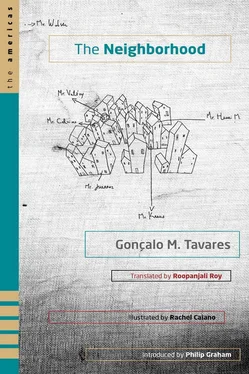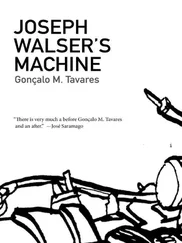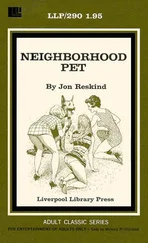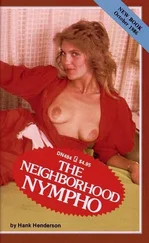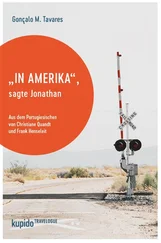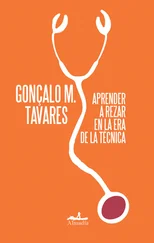An entire city could be considered to be the space between two empty spaces — said Mister Juarroz out loud, at the precise moment in which he fell on the ground because he had absentmindedly tried to sit in the empty space between two chairs.
The Organism

“Measuring an organism,” thought Mister Juarroz, “is to accept a lie, since an organism, by definition, isn’t long, it’s hungry. How can you measure something that is changing? How can you measure change?”
The doctor in front of him, however, was about to give up.
“Well, can I weigh you or not?”
“Weigh me only when I finish changing,” Mister Juarroz was about to reply. However, he immediately thought that perhaps it was too late at that moment for the medicine to have any effect.
“Please do,” said Mister Juarroz, finally, with great finesse.
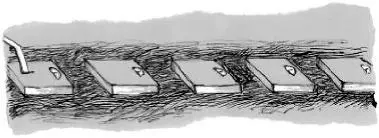
Manners and Nature

For Mister Juarroz, touching a piece of earth was an obscene act. It was just like peeping through the keyhole of a door and watching a lady undress.
“To touch elements of nature is a lack of manners,” Mister Juarroz would say.
In fact, he considered the sense of touch to be the rudest of them all.
Besides betraying a lack of upbringing, touching things also reveals the failure, first of all, of one’s thoughts and then of one’s hearing and smell and, lastly, of one’s sight.
“I touch things only because I have failed,” said Mister Juarroz out loud, while he vigorously shook his neighbor’s hand.
The Referee

Since Mister Juarroz was not a great sports buff, he chose to compete against himself, via what he called his “two players”: his thoughts and his writings.
Thus, he played games to see which was more creative: his thoughts or his writings.
For Mister Juarroz — who considered himself to be the referee in this contest, and therefore detached and neutral with regard to his thoughts and his writings — the same player always emerged victorious: his thoughts. His writings never managed to be as original as his cogitations.
However, Mister Juarroz’s decision always caused a great deal of internal turmoil since his writings argued that they had physical and concrete proof of their creativity, unlike his thoughts, which never presented any kind of proof at all. Mister Juarroz’s writings always ended up by accusing him of being a partial judge. A cheat, no less.
Cinema

Whenever Mister Juarroz went shopping, he would be so amazed by the shapes and colors of the different products on the shelves that he would reach the checkout counter with an empty basket.
In truth, Mister Juarroz used to go shopping not to buy things but instead to see them.
He didn’t go to make material purchases but, rather, visual purchases.
Since they were already accustomed to his ways, the employees of the supermarket, when they saw him enter, would sometimes say, “Mister Juarroz, look, some new products have arrived. They’re on the last shelf of that corridor.”
And, after thanking them for the information, Mister Juarroz would eagerly hasten his steps in the direction they had indicated.
Finding the Light

Mister Juarroz believed that it was possible to find a point of intense clarity in the middle of the darkest night.
Since he was tired, Mister Juarroz asked his wife to make the following drawing.
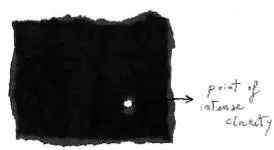
Mister Juarroz then prepared himself to go look for this luminous point in the middle of the darkest night.
“And if you trip?” asked his wife.
“I’ll take a flashlight,” replied Mister Juarroz.
Manual Labor

“For an illiterate person, writing is manual labor,” thought Mister Juarroz. “It’s a physical task just like molding clay or stitching cloth.”
Copying a sentence becomes akin to copying the shape of a vase; and an illiterate person trying to read is like a myopic individual trying to observe someone’s gestures from a hundred meters away.
While Mister Juarroz absentmindedly put his foot in a heap of fresh dung excreted by a rather large animal, he convinced himself, with increasingly elaborate arguments, that everything in life, absolutely everything, was manual labor.
Cups and Hands

Mister Juarroz was always loath to pick up his coffee cup because he couldn’t help but think that it wasn’t one’s hands that picked up objects but rather the objects that picked up one’s hands. And this fact displeased him, since he couldn’t accept that a simple cup could grab his hand (like an impetuous groom grabbing the timid fingers of a bride).
Thus, instead of picking up his cup, Mister Juarroz would spend long minutes glaring at it aggressively.
Then he would complain that his coffee had grown cold.
The Watch

Mister Juarroz imagined a watch that instead of showing the time would depict space. A watch where the large hand would indicate on a map the exact location where a person was at any given moment.

“And what about the small hand? What would that show?” asked his wife.
“The location of God,” answered Mister Juarroz.
The Death of God

Mister Juarroz imagined a God who, instead of never appearing, would on the contrary appear every day, at all hours, ringing the doorbell.
After meditating at length about this hypothesis, Mister Juarroz decided to disconnect the power supply.
Concentration

Mister Juarroz would sometimes wear a blindfold so as not to be distracted by the shapes and colors of things.
When, apart from existing, things also made sounds, to support his blindfold Mister Juarroz would stuff cotton in his ears.
Nevertheless, some things, owing to their strong smell, insisted on infiltrating Mister Juarroz’s nose, which would sometimes induce him to close his nostrils with a clothespin.
Thus, with his eyes, nose, and ears blocked, Mister Juarroz could think to his heart’s content, without any outside interference.
Before completely immersing himself in his thoughts, Mister Juarroz would also state, to those who wished to listen:
“Now then, please, don’t come near me. Above all, don’t touch me. Don’t spoil everything.”
Читать дальше
